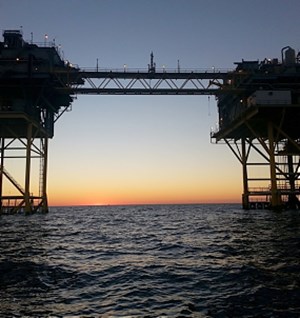By Irina Slav
Global crude oil supply might need some cuts, Saudi Arabia’s Energy Minister Khalid al-Falih told state TV channel al-Ekhbariya as quoted by Reuters, to offset recent increases.
“We (have) entered the stage of worrying about this increase,” the official said, adding any reduction in supply would go towards ensuring the stability accomplished as a result of the OPEC+ production-cutting pact sealed at the end of 2016.
The minister’s remarks are somewhat surprising as they come amid worry about loss of supply from Iran once U.S. sanctions enter into effect next month.
However, there has also been new concern among market players: that global economic growth may be slowing down and will continue to slow down, ultimately hurting oil demand.
What makes the comments confusing, however, is the fact they come on the heels of earlier statements by Falih that Saudi Arabia is ready to increase production to up to 12 million bpd and also invest in boosting its spare capacity.
“I don’t rule out that the Kingdom’s production which has been 9-10 (million barrels per day) over the last decade or so will be a million to two millions (barrels) higher,” the energy minister told the Saudi Gazette just this Tuesday.
In the same report, Falih was quoted as saying global oil demand would grow from 100 million bpd to 120 million bpd over the next 30 years.
Earlier this month, Falih had said Saudi Arabia will continue boosting its production of crude oil in November as well, after two months of increases, with the October daily rate estimated at 10.7 million bpd.
He also made sure the message is clear: “Given the disruptions that have taken place, oil would be easily in the three-digit range had it not been for the extra efforts the kingdom had done,” he said as quoted by S&P Global Platts at an industry event in India, “Saudi Arabia has proactively, deliberately and responsibly invested in its spare capacity.”









Hey there would you mind letting me know which web host
you’re using? I’ve loaded your blog in 3 completely different internet browsers and I must say this blog loads a lot
faster then most. Can you suggest a good web hosting provider at a
honest price? Thanks a lot, I appreciate it!
Take a look at my web page :: mitolyn reviews consumer reports 2024 new warning from customers